
by Victoria Lucas
Oh, it was so magnificent! I will never be the same.
You see, I was sitting on a chair in the wide lobby of the Drama Department after hours, with the glass doors closed, a typewriter table in front of me with my typewriter on it, transcribing an interview that my mentor (composer) Barney Childs did with his former teacher Elliot Carter. My location was prescribed by the fact that my office (and the entire area below me), under the theater itself, was under construction. This was my only opportunity to work there on my office Selectric typewriter without the noise of jackhammers.
As I typed I noticed something strange. Carter spoke about another composer, whom I had barely heard of: John Cage. He had nothing good to say about him, even going so far as to call Cage’s music “obscene.” I had heard a lot of stuff said, seen a lot of stuff written about composers, but I had never heard one composer call another composer’s music “obscene.” This is the age of Lenny Bruce, after all. I can understand what would be obscene about his material, but music? What could be “obscene” about music?

I was so intrigued by this what when drama graduate student Susan Jackson said she was driving to a concert/dance performance in Tempe to see a friend in the Merce Cunningham dance company that travels with Cage, I asked if I could accompany her. Susan is only a couple of years older than I am, but she is so sophisticated, so funny. It was Susan who once tested my statement that no matter what name you use to call me I will know you are referring to me and answer accordingly. In a crowded, noisy room, probably in my office or that lobby of the Drama Department, she shouted some name. I didn’t know she was looking at me, but I immediately turned to face her and answered her call. She laughed; then, when I understood what had happened, so did I.
Just the two-hour trip to Tempe, on the outskirts of Phoenix, was a delight, although Susan had to concentrate on her driving (a Volkswagen Beetle) because it was snowing!
Now, for those of you who don’t live in Arizona it might not be obvious that snow is a rare commodity in the flatter parts of the state. It snows in the mountains and in the higher ranges, like Prescott and Flagstaff, more or less regularly each winter. But in the Phoenix and Tucson areas, which are in valleys, it snows maybe once a decade or so. Therefore, it was an event when we unfolded ourselves to get out of the car almost across the street from the concert hall, and crunched through a light crust of snow.
But we did not go into the hall immediately. We were parked outside the little house of another of Susan’s friends, who also knew the dancer. (Merce Cunningham and John Cage are at this time on tour of the United States, the two of them in a Volkswagen van traveling with the dance company and accompanist David Tudor and his electronic equipment.)
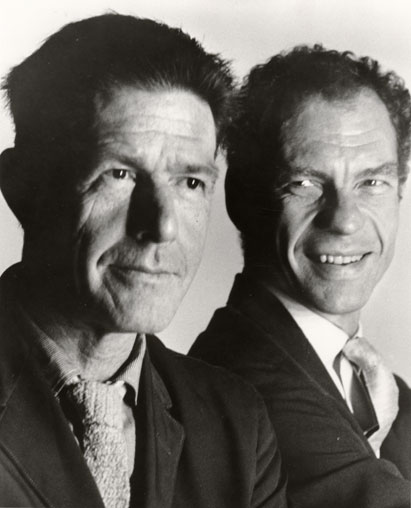
We spent a brief time with her friend and then bundled up again for the walk to the Tempe Union High School Auditorium, when I entirely lost the two of them. When I got to the box office, I looked around and they were gone. After buying my ticket, I looked for them in the lobby, in the theater, the restrooms, but didn’t see them. I was reluctant to try to go backstage, where my friends were most likely to be. I finally got a look at the program. I have never heard of any of the other performers: among them Carolyn Brown, Viola Farber, Shareen Blair, Barbara Lloyd, and Steve Paxton. I wondered which of them was Susan’s friend. The absent composers included Pierre Schaeffer, Toshi Ichiyanagi, and Bo Nilsson, who occupied the first part of the program. Cage had the second part, after intermission, all to himself, a piece called “Antic Meet.”
Nevertheless, it was Cage whom I saw first after reluctantly seating myself in a noisy audience. The stage had been stripped of everything including the back curtain, was clear all the way to the brick back wall. The only thing on the stage was a baby grand piano that had been thoroughly wired for sound, sitting off to one side where it would not be in the dancers’ way. The lights did not dim, but sometime after 8 pm there was some man with salt-and-pepper hair pushing a wooden light ladder on wheels (you know, those tall things they use to change ceiling lights for a stage) down the central aisle! I thought he was demented. I didn’t know then that that was John Cage. I didn’t realize that he was pushing it because it was a musical instrument: it made a squeaking noise as he moved it.

When he got it at the apron, as far as he could push it, he walked over to a wall near the steps at stage right and began rattling his fingernails against the newly installed acoustic tile. The audience seemed fascinated, but the event didn’t incur silence; in fact it seemed to make it noisier. The audience began to settle when the occasional figure in a leotard floated, ran, jumped, or walked across the stage. The house lights never did diminish.

Presumably this was to let patrons who wished to walk out do so in the light. I say that because they did. Rather than fight the fact that their music is not standard, the performers simply let people leave and lit their way, and they put in a little mini-intermission after each piece. I went into the restroom once and heard the other patrons talking. They were asking each other for aspirin to cure their headaches they claimed were induced by the music. Some left altogether from the restroom door.
“And what was the music like,” you ask. Well, apparently Cage is in a loud phase. The only instrument not already played by Cage was the piano, and it was managed by David Tudor, who had (I learned later) spent the five hours before the concert wiring the piano for sound. Two large speakers decorated each side of the stage. Cage kept walking over and adjusting the volume—up.
I really don’t know how to describe it. I realized that I was trapped, because I didn’t know where my host or driver was. I didn’t even know—with my poor sense of direction—if I could find the car and house again in the dark, but it wouldn’t help even if I could, with no keys. I contemplated going out and sitting in the lobby (rather than outside in the snow), because the noise from the piano harp, legs, sounding board, and everything else Tudor wired was so loud. That was how and why I experienced the breakthrough I did. I couldn’t leave. I decided to stay and started to resent the people who were leaving, although I soon didn’t care. They couldn’t help leaving any more than I could help staying. The music was loud and had no melody, no rhythm, nothing definable to get a handle on it. It sounded like nothing I had ever heard before.
Exactly. That was exactly it: I had never heard anything like it before, and eventually that was why I stayed in the concert hall rather than sitting in the lobby. At some point early on it was obvious that the music and dance were on separate tracks, had nothing to do with each other.
Nevertheless, I remember one moment of rapture: two dancers were onstage, a man cradling and rocking a woman lying on his stomach as he stretched out face up on his elbows and knees, when the music and dance came together in a lightning stroke of simultaneity. This is it, I thought. This is what happens when separate lines of action meet and entwine unintentionally. Chance. Chance interactions. Cage’s stock in trade. These wonderful surprises are the dessert for the meal, the punchline to the joke, the treat for the trick.
The rest of the evening was all tricks, but I was not in a mental space where I hoped for more such treats. I found myself in a heightened sense of awareness that was unperturbed when people stumbled over me in their flight to get out of the building. (All I remember is trying to see around them as I eagerly stared at the stage, my ears open and willing to receive any sound.) When the concert was over, about a third of the audience was left, and most of us drifted onto the stage, where Cage stood and Tudor dismantled the piano wiring. I wouldn’t have dared go up there, but, as I hesitated, more and more people climbed the steps on either side. At last I too climbed up and listened to what others asked Cage.

Some of the questions were hostile, like “Do you call that music!?!” To which Cage calmly answered (I suppose that he is used to this) something like, “Not necessarily. We could call it noise.” He was not attached to his music, not attached to being liked or complimented. He was serene. I had never met anyone like this. I could not think of anything to ask him.
I walked the few steps to Tudor, who was busy with the piano but answering questions as well. I asked him how long it took him to set up the piano and how long to break down—or maybe someone else asked one of those questions. I’ve given the time to set up, five hours, and the time to break it down and pack it up (known in theaterspeak as “striking the set”) is two hours. So Cage and the company had plenty of time to answer questions, meet with people, get out of costume and pack, etc.

At some point Susan found me. Breaking away reluctantly I walked back with her and her friend to Susan’s bug and got in. It had stopped snowing. Like a famous composition of Cage’s in which performers do not play their instruments, the evening was finally silent.



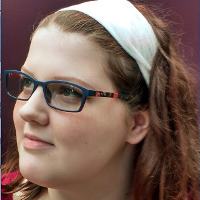


![[November 24, 1963 cont.] Oswald dead, shot by Jack Ruby](https://galacticjourney.org/wp-content/uploads/2018/11/631124oswald-672x372.png)

![[November 24, 1963] Mourning on two continents](https://galacticjourney.org/wp-content/uploads/2018/11/631123Flowers_Schoeneberger_Rathaus-672x372.jpg)





![[November 23, 1963 cont.] After a fashion](https://galacticjourney.org/wp-content/uploads/2018/11/01-672x372.png)
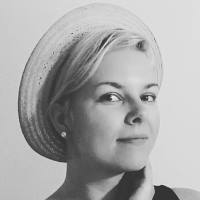

![[November 23, 1963 cont.] Give sorrow words](https://galacticjourney.org/wp-content/uploads/2018/11/631123grief2-672x372.jpg)


![[November 23, 1963] President Kennedy returns to D.C. one last time](https://galacticjourney.org/wp-content/uploads/2018/11/631123grief-1-672x372.jpg)
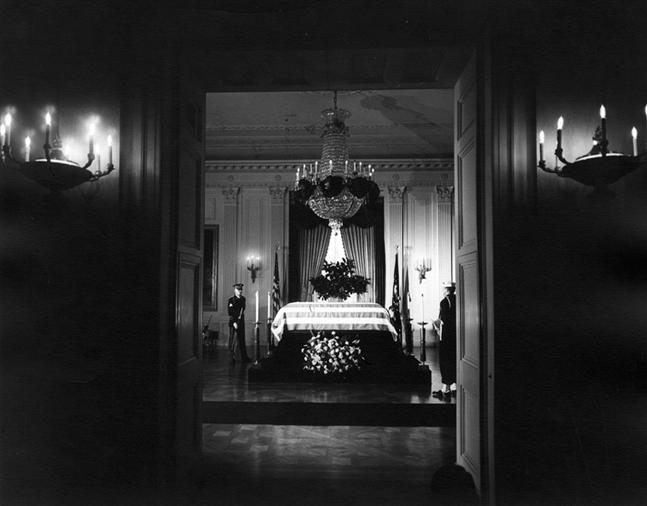

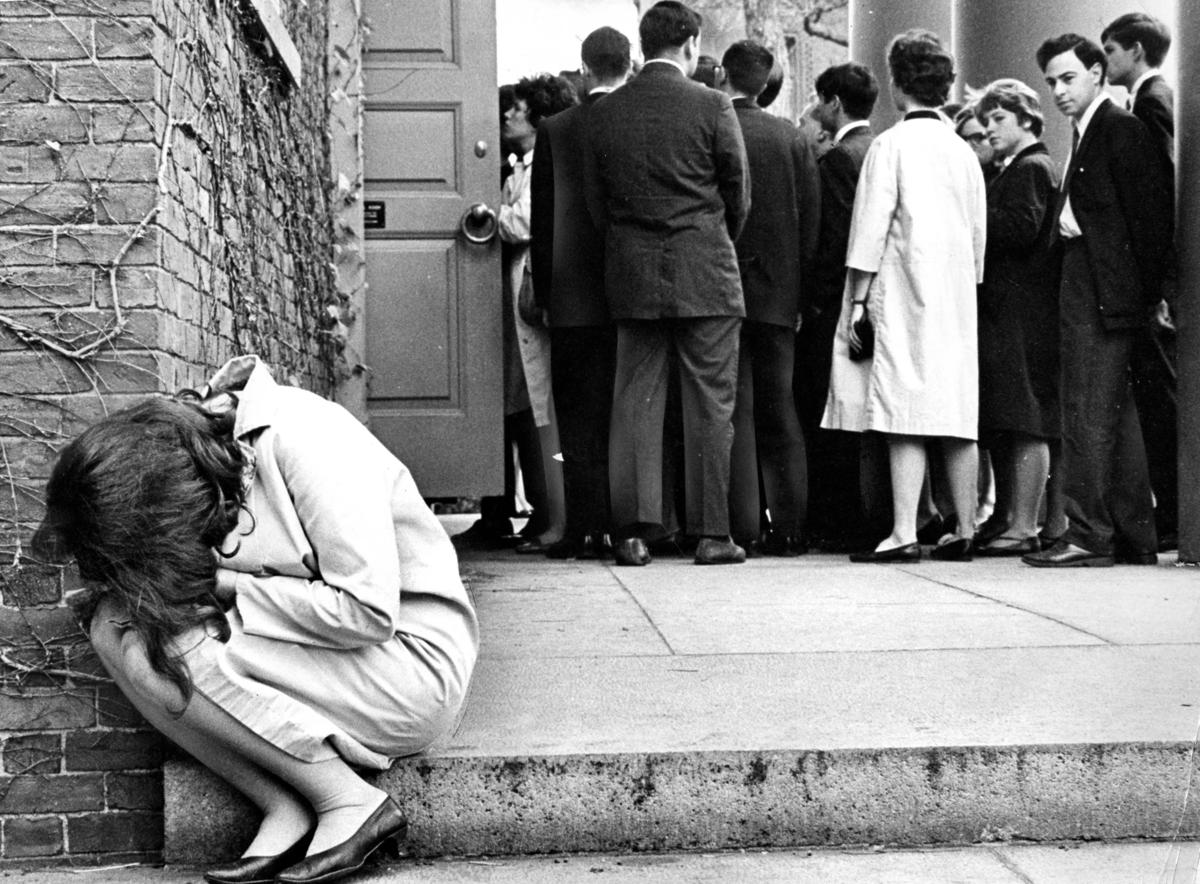
![[November 22, 1963 cont.] Highest indictment for Presidential assassin](https://galacticjourney.org/wp-content/uploads/2018/11/631122oswald-672x372.png)
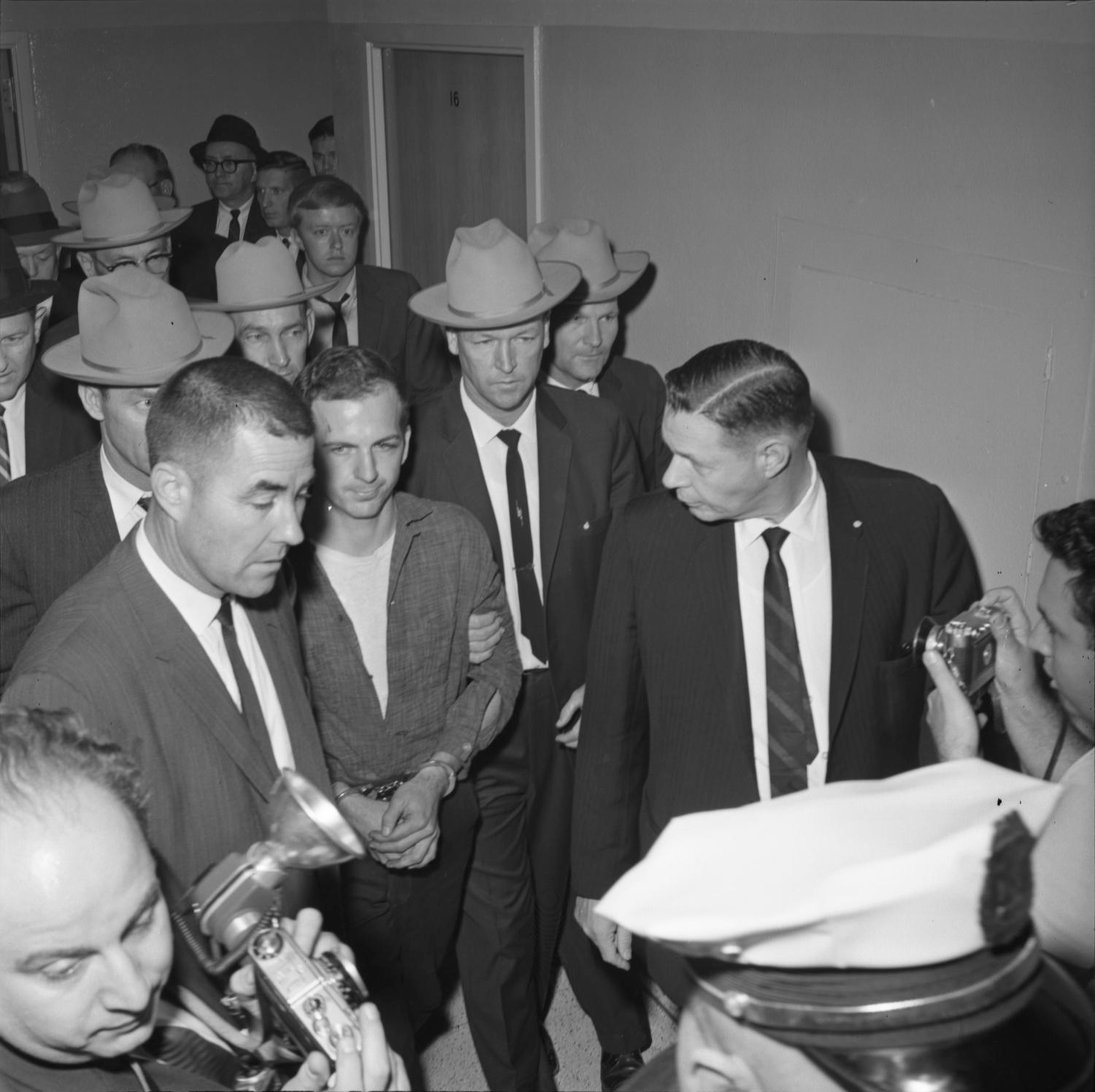


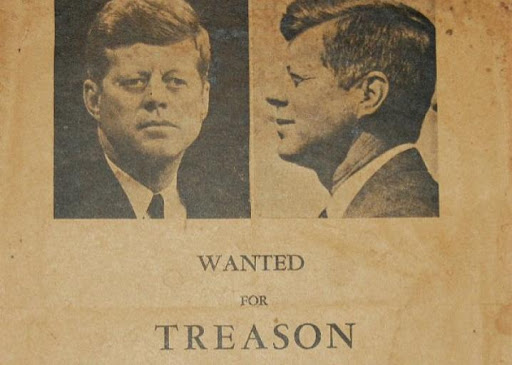
![[November 22, 1963 cont.] Ripples down under](https://galacticjourney.org/wp-content/uploads/2018/11/631122dead-672x372.jpg)


![[November 22, 1963 cont.] Murder charge for Lee Harvey Oswald](https://galacticjourney.org/wp-content/uploads/2018/11/631123grief3-672x372.jpg)
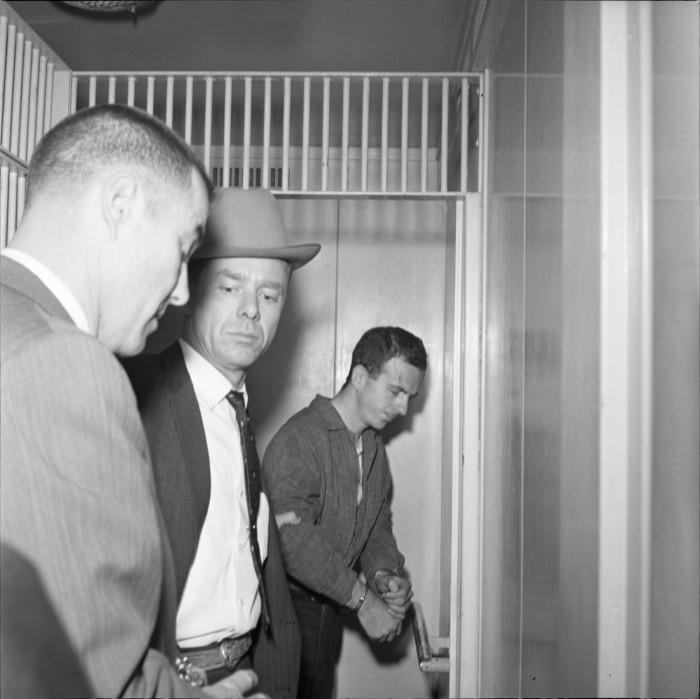

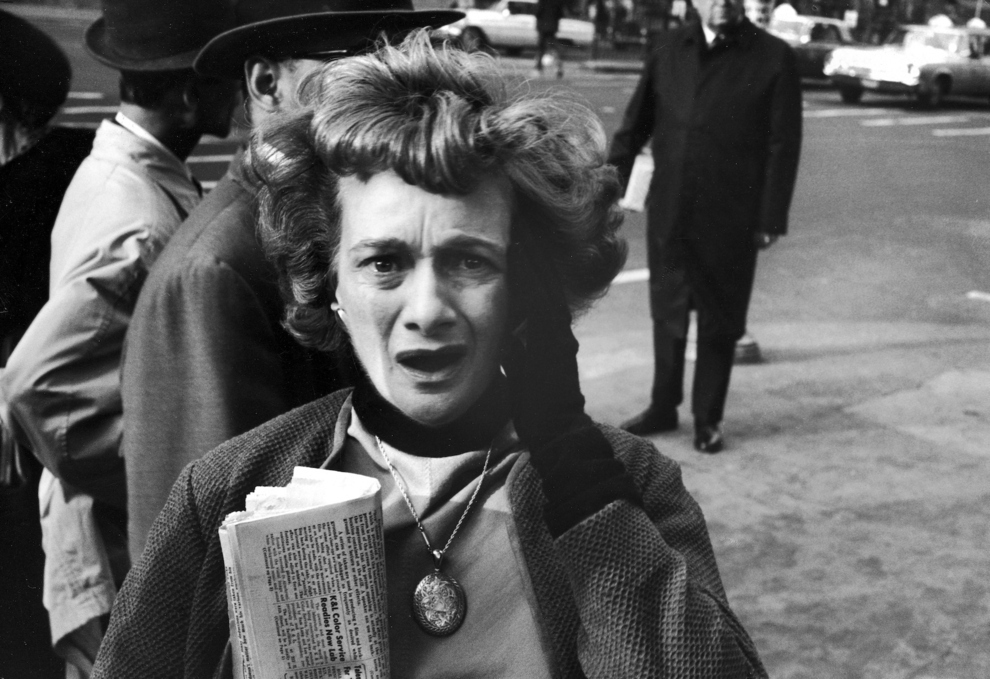
![[November 22, 1963] President Kennedy has been assassinated](https://galacticjourney.org/wp-content/uploads/2018/11/631122a1030-672x372.jpg)




![[November 7, 1963] This Performance Not Wholly Silence (John Cage and his art)](https://galacticjourney.org/wp-content/uploads/2018/11/631107cage1947-672x372.jpg)





